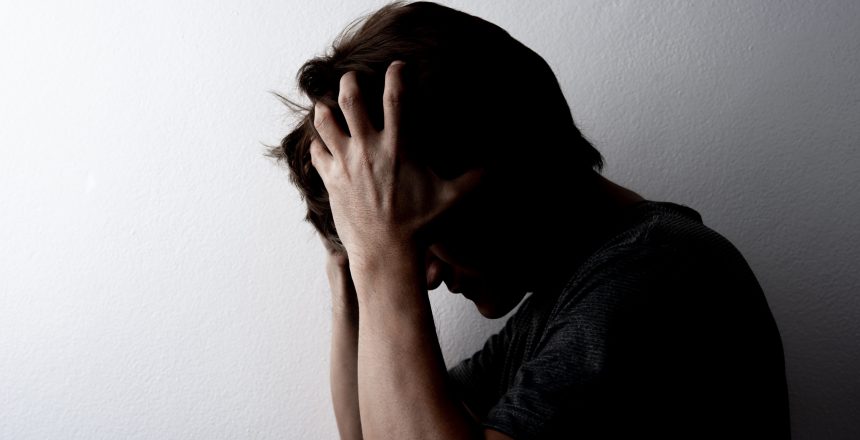Addiction is a complex and severe problem. If you’re concerned that someone you know may be addicted to something, we can help. In this blog, we’ll discuss the behavioral signs of addiction and give tips on dealing with it if you or someone you know is addicted.
Liberty House Recovery is a luxury drug and alcohol rehab in Michigan. Contact us today to learn more about our addiction treatment services.
What Causes Addiction?
Before we get into the behavioral signs of addiction, let’s first discuss what causes addiction. Addiction is caused by many factors, including genetics, environment, and psychological factors.
Genetics
People with a family history of addiction are more likely to become addicted, and this is because addiction is partly genetic.
Studies with siblings have indicated a strong correlation between family members and incidences of addiction.
If you have a parent or grandparent who was an alcoholic, you’re more likely to become an alcoholic.
Environmental Factors
The environment in which you live can also play a role in whether or not you develop an addiction.
If you grow up in a common household where drug use is common, you’re more likely to use drugs.
Psychological Factors
And finally, mental health disorders can also lead to addiction.
People who suffer from depression, anxiety, or other mental health disorders are more likely to turn to drugs or alcohol as a way to cope with their symptoms.
Now that we’ve discussed what causes addiction let’s move on to the behavioral signs of addiction.
What Are the Signs of Addictive Behavior?
There are many behavioral warning signs of addiction. If you’re concerned that someone you know is addicted to something, here are some warning signs to look out for:
Secretive Behavior
If your friend or loved one is being secretive about their activities, it may be a sign that they’re using drugs or alcohol.
They may try to hide their substance use from you by lying about where they’ve been or what they’ve been doing.
Changes in Appearance
If you notice that your friend or loved one’s appearance has changed, it may be a sign of addiction.
For example, someone addicted to drugs may have larger or smaller pupils than usual. Or, someone who is addicted to alcohol may have a flushed face.
Change in Mood
If you notice a sudden change in your friend or loved one’s mood, it could be a sign of addiction.
For example, they may be more anxious or irritable than usual. Or they may be more depressed or withdrawn.
Change in Behavior
If you notice a change in your friend’s or loved one’s behavior, it may be a sign of addiction.
For example, they may start skipping school or work. Or, they may start hanging out with a new group of friends who are also using drugs or alcohol.
Financial Problems
If your friend or loved one suddenly has money problems, it may be because they’re spending their money on drugs or alcohol.
For example, they may ask you for money more often than usual. Or, they may start stealing money from you or others.
What to Do If You Suspect Someone Is Addicted
If you suspect that someone you know is addicted to something, the best thing you can do is talk to them about it.
Let them know you’re concerned about their behavior and want to help them get treatment.
If they’re not ready to seek help, there are still things you can do.
For example, you can offer to go to counseling with them or to support group meetings.
You can also talk to their doctor about your concerns and ask for a referral to a treatment program.
If you’re unsure where to start, contact a local treatment center or the National Addiction Hotline at 1-800-662-HELP.
Here are some things to keep in mind when you’re looking for a treatment program:
- Make sure the program is accredited.
- Make sure the program offers a variety of treatment modalities, such as counseling, group therapy, and medical detox.
- Make sure the program is tailored to the individual’s needs.
- Ensure the program offers aftercare services, such as sober living facilities or 12-step programs.
The bottom line is that addiction is a severe problem. If you suspect someone you know is addicted to something, don’t hesitate to reach out for help.
Liberty House Is An Addiction Treatment Center In Michigan
If you are searching for drug treatment centers in Michigan, Liberty House is here to help. Here at Liberty House Recovery, we offer a variety of treatment modalities for addictive behaviors, such as counseling, group therapy, and medical detox.
We also provide addiction aftercare services in Michigan, such as sober living facilities or 12-step programs.
If you’re concerned that someone you know is addicted to drugs or alcohol, please don’t hesitate to reach out to us. We can help them recover and live a healthy, happy life.


